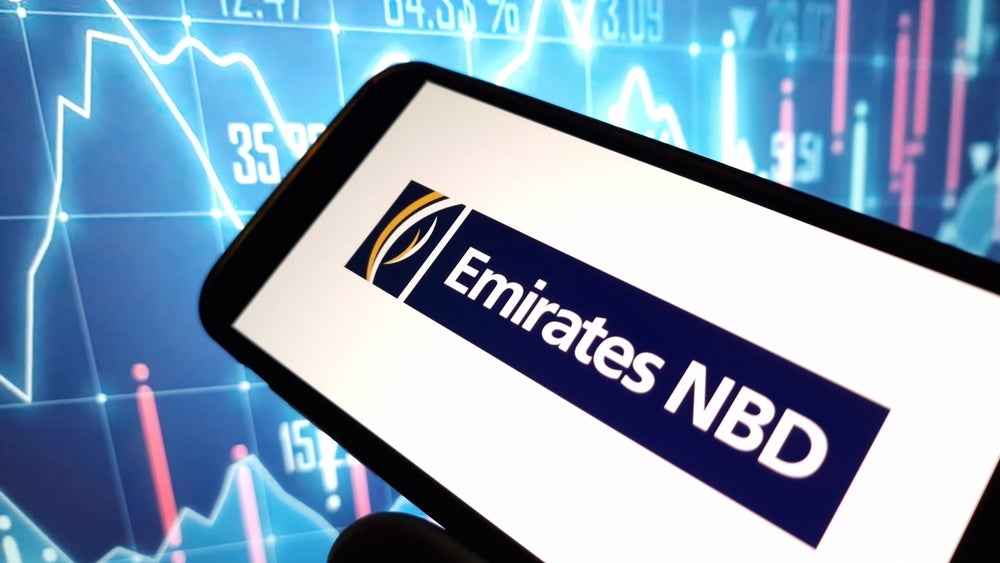Its 2016 and we are still talking about robo-advisory the way we were two years ago. Or even three. Threatening to be a ‘fad’ in the wealth management FinTech arena at the start, automated advisory services, in time, have made the biggest global asset managers rethink the way they do what they’ve been doing for centuries. These are the nifty, nimble competitors – the market disruptors if you will.
However, even though the talks around how disruptive robo-advisors are seem to be continuing with gusto, it is time that we cut through the drama and see these [still relatively new] entrants for the role they are actually playing in the private banking industry.
Any institution that initially said ‘we don’t care about robo-advisors’ or ‘they don’t affect us – completely different business model…’ have mostly had to recall their words. It’s difficult to see whether Robo-advisors have taken many clients away from private banks, but they have successfully made fundamental changes to the way wealthy clients’ behave and their expectations from banking institutions.
Yes, relationship managers (RMs) are still integral to the wealth management dynamic – there is no replacement for the ‘human connect’ and the richer the client, the greater the importance of the RM seems to be. However there is a dichotomy in the way that wealthy clients behave – nowadays more than ever before. While they are dependent on their RMs for advice, they also love to take a DIY approach and be left to their own devices – fiddling with sophisticated mobile and online banking apps on phones/tablets, making and tracking investments, getting real-time updates about portfolios, measuring up different asset classes, and following market movements.
It is not optional anymore for private banks of any size to invest in its technology frameworks to ensure robust online and mobile platforms for its clients. It is imperative. These apps need to be intuitive and multi-dimensional. From the wealthy client’s side, maturity in banking apps is increasingly taken for granted.
Wealthy clients currently are far better informed than they were even 5-7 years ago. They are also more confident. For mass affluent clients perhaps the cost of advice is an issue (this is the reason robo-advisors hit the ground running in America – providing a large segment of the emerging rich with affordable investment services that banks were not giving them), but for the high net worth (HNW) clients, the availability of robo-advice technology has not made them drop their bankers but instead made them more technologically curious, independent and demanding.
The bottom line of the ‘impact’ or ‘disruption’ that robo-advisors are bringing about is simple – it has made private banks aware of how integral technology actually is in maintaining their client relationships. As a result, some banks have acquired automated advisory service companies, some have revamped their technology architecture altogether, and some have even created innovation centres in-house. But this push to transform the traditional private banking touch-points has been the biggest difference that robo advisors have made to an industry that has historically been averse to change.
I’m sure at the start of next year we’ll still be talking about the impact of robo-advisors. However it is time we stop referring to them as disruptors and call them enablers instead.






